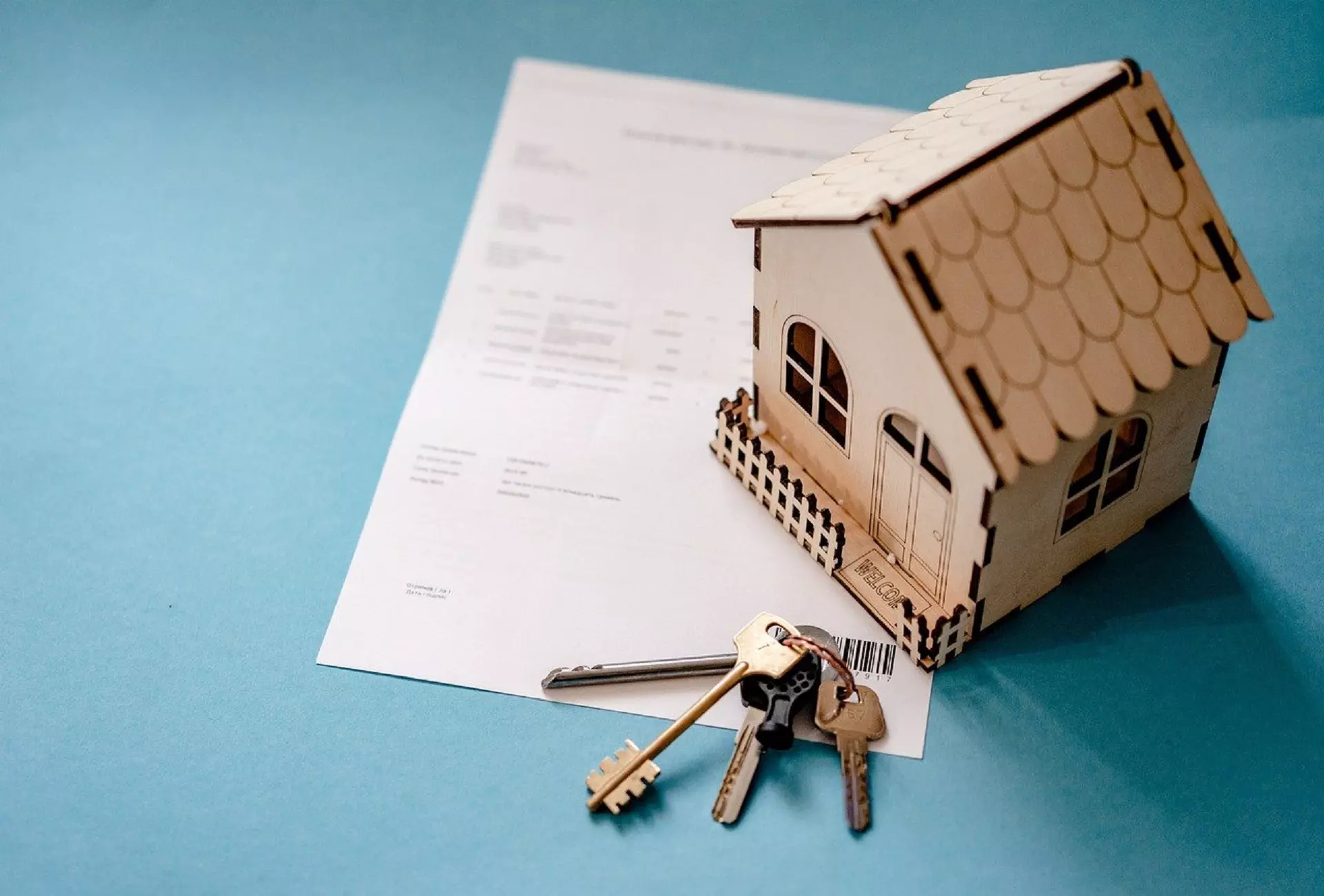The mortgage payoff calculator can help you figure out how much you will save by paying off your mortgage early. It uses a variety of factors to calcu
The mortgage payoff calculator can help you figure out how much you will save by paying off your mortgage early. It uses a variety of factors to calculate how much money you can save each month, including your much interest rate, the length of the loan, and whether you are refinancing or not. This free mortgage calculator will estimate how much money you will need to pay each month, and how long it will take to pay off the mortgage.
Taking out a mortgage extra payment can be a great way to save money and improve your home equity and monthly payment. Early mortgage payoff calculator can increasing your mortgage payment.
Mortgage Payoff Calculator: Mortgage Calculator or Payment Calculator
Mortgage payoff calculator helps to estimate how much money you’ll save over the life of your mortgage by paying off your loan early. You need to make a monthly payment, calculate the interest savings and principal, and then subtract the outstanding balance from your principal. This will give you the number of months it will take to pay off your mortgage.

Mortgage rates have been on a steady rise in recent years, which means that homeowners who want to get out of their mortgages sooner are paying more for their loans.
Lender charges vary depending on your loan type and may include origination fees, points added to your conventional loan, mortgage insurance premiums, or other expenses. When shopping for a mortgage, be sure to compare rates and fees from different lenders so that you can find the best deal for you.
Early Mortgage Payoff Calculator to Avoid Mortgage Rate
When you are considering a mortgage, you may be wondering how much you’ll pay in interest and what your amortization schedule will be. This mortgage payoff calculator will show answer these questions. The mortgage payoff calculator also includes an early payoff option to avoid higher mortgage rates.
The increasing your mortgage-payment amount is based on the amount and the term of the mortgage. The interest-rate is determined by the market conditions at the time of your loan application.
The amortization schedule shows how long it will take to repay the entire original loan amount, including principal and interest payments. A longer amortization schedule means that you’ll pay more over time.
The martgage payoff calculator also shows how much extra you’ll pay if you make an early payoff. This option allows you to avoid paying more in interest over time, but it may result in a higher overall loan payment.
Pay Off Your Mortgage Early
Mortgage interest, life of the loan, loan faster, amount you owe, estimate your monthly, original mortgage. The simplest way is to use a loan consolidation or refinancing service. This will combine many kinds of smaller loans into one large loan with a lower interest ratio. You may also be able to get a home equity line of credit (HELOC) or a reverse mortgage to help pay off your mortgage early.
If you have more than 30 years left on your original mortgage, you may be able to reduce the amount you owe by using a home equity line of credit or a cash-out refinance. To find out if these options are available to you, consult with an expert in consumer financial services.
Mortgage Payment Terms
Mortgage loan payments are due biweekly on the 15th of every month. This means that you will make a total of 12 payments during the year. To make extra money, many people choose to pay their mortgage loan off more quickly. Doing this can save them thousands of dollars in overall interest and fees.
If you want to make extra money, talk to your mortgage lender about a payment schedule that works for you. You may be able to payoff your mortgage faster by making-extra-payments on top of your regular weekly payment.
Make Extra Payments Early in the Loan Term
Making-extra-payments towards your loan early in the term can save you money on interest costs. By paying off your loan sooner, you reduce the extra amount of interest that needs to be paid over the life of the loan. This helps you to save money on both the initial loan amount and future interest payments.

To make-extra-payments early, follow these steps:
- Calculate how much you need to pay each month to reduce your total outstanding balance by a certain amount.
- Make those payments each month towards your goal balance, even if it is not all of the required payment.
- Once your goal balance is reached, stop making additional payments and escrow any extra funds for future use (such as for repairs or replacements). If you make-extra-payments early, you are taking the risk that you will pay more interest than necessary. For example, consider a loan of $200,000 with an interest-rate of 6%.
- Once the loan is paid in full, make one extra payment towards the principal.
- If you still owe money on the loan (the amount of interest you have to pay), then make monthly payments until your debt is completely paid off.
Type of Home Loans to Consider
If you are considering purchasing a home, it is important to consider your options. There are many types of home loans to choose from, and each has its own benefits and drawbacks. Some of the most common types of home loans are: a monthly mortgage, (private mortgage insurer), an extra mortgage, and an original loan. Let’s take a closer look at each.
The Federal Housing Administration (FHA) is a good option for borrowers who need a mortgage but cannot get one from a traditional lender. FHA loans is another best & great option for borrowers.
A monthly-mortgage is the simplest type of home loan to obtain. You simply pay your regular monthly installment on this loan, and the lender will typically provide you with a fixed-rate loan for the life of the property. This is the best option for people who plan on staying in their homes for a long time and don’t need to worry about getting pre-approved for multiple loans in order to get the best rate possible.
What is PMI?
PMI stands for private mortgage insurance. This is a type of insurance that homeowners can purchase to protect themselves from losing their home should they be unable to make their mortgage payments. PMI premiums are tacked on to the principal and interest on a mortgage, and typically increase as the loan’s maturity approaches.
If a borrower stops making payments on their mortgage, private mortgage insurer will pay off the lender, ensuring that the homeowner does not lose their home. PMI is an important tool for borrowers who may have difficulty meeting monthly payments, as it provides some stability in times of financial stress. The mortgage view report is a great tool for homebuyers and sellers alike.
Private mortgage insurer also protects lenders from potential losses if there is a widespread housing market crash. By providing extra security to both borrowers and lenders, private mortgage insurer plays an important role in keeping our economy healthy and lending standards high.
What Is Principal and Interest?
Principal and interest is the amount of money that a borrower pays to a lender. The principal is the amount of the loan, and the interest is the fee charged for borrowing the money. The interest rate is important because it affects how much money you’ll pay over the life.
Mortgage Loan, Monthly Payment and Interest Rate
There are many different types of mortgages and each comes with its own set of benefits and drawbacks. For example, a 15-year mortgage offers shorter repayment terms than a 30-year fixed-rate mortgage, but comes with a higher interest rate. A 30-year mortgage, on the other hand, provides the longest repayment term but has a lower interest rate.
The important thing to keep in mind is that the monthly payment and interest rate for any given mortgage will depend on both the loan amount and the specific terms of your agreement. It’s always important to speak with a qualified lender to get an accurate estimate of your monthly payments and interest rates.
What Is Homeowners Insurance?
Private mortgage insurance is a type of insurance that protects lenders from losses if a borrower defaults on their mortgage. It comes in two forms: principal balance and lump sum.
Principal balance protection insures the lender against any loss if the outstanding principal balance on the loan increases. This type of policy pays out based on the percentage change in the outstanding principal balance, up to a certain limit.

Lump sum protection pays out a fixed amount regardless of how much the outstanding principal balance changes. This type of policy is most commonly used when borrowers want to pay off the loan in one go rather than spread it out over several years.
Mortgage rates are affected by many factors, including interest rates on government bonds and money market rates.
Biweekly Payments, Monthly Mortgage Payment
Biweekly Payments vs. Monthly Mortgage Payment: Which is Better for You?
A biweekly mortgage payment may be a better option for you if you can afford it. A payment every month is more expensive up front, but over the long run it will likely be cheaper.
The main advantage of a weekly mortgage payment is that it reduces your monthly payments by 200,000 dollars if you pay extra each month. This means that over the course of the loan, you will end up paying less money than if you had paid monthly from the start. If you’re looking to make a mortgage payment every month, it’s important to find a loan that can offer you the right terms.
There are also some disadvantages to paying weekly compared to paying extra monthly. First, your payments will be smaller every two weeks, so it might take a little longer for your money to reach your lender each month.
Extra Mortgage Payment Calculator, Use Our Mortgage to Pay Off the Mortgage Lump Sum
Extra Mortgage Payment Calculator:
Do you have extra money that you could use to pay off your mortgage? Maybe you’ve been able to cut back elsewhere and save a bit of money. Or maybe you just want to get that pesky loan paid off as quickly as possible. Whatever the reason, if you can use extra money to pay off your mortgage, it’s definitely worth considering.
There are a few ways to do this. Here are two options:
Option 1: Use Our Mortgage to Pay Off the Mortgage Lump Sum. This is probably the quickest way to pay off your mortgage, but it’ll also cost you the most! To do this, simply enter the amount of your extra payment into our mortgage calculator and press “Calculate.” You should be able to see how much more you’ll have left over after paying off your loan in full.
Option 2: Use Our Mortgage to Pay Off the Mortgage Over Time. This works better if you have extra money coming in and want to pay off your mortgage more quickly, but it will cost you more than using our mortgage payoff calculator.
When to Consider Refinancing
When should you consider refinancing your mortgage? The answer to this question depends on a few factors, including your current mortgage balance, your interest rates, and the availability of financing.
If you have a low mortgage loan balance and good credit, refinancing might be a good option because rates have been low for a while. If you’re thinking about refinancing because your interest rate has gone up, it’s important to remember that there are many different types of refinance loans available. You can also shop around for shorten your loan terms available.
To get started with refinancing, consult with a lending institution or online mortgage calculator.
Make Extra Payments Toward the Principal
Extra principal payments can help you keep up with your mortgage and protect your home equity.
When you make extra principal payments, the lender reduces the amount of interest that it charges. In this way you can save your money in the long-run.
If you’re struggling to make regular payments on your mortgage, consider making extra-principal-payments. You may be able to reduce the amount of interest you pay and keep your home equity intact.
Best Way To Pay Extra Principal On Mortgage
Are you considering paying toward your principal on your mortgage? The answer may depend on your particular circumstances. Additional principal can boost the equity in your home, but it comes with risks. Here are some things to consider:
-How much extra principal would you be willing to pay?
-How long will it take to generate that extra equity?
-What kind of interest rate would you need to get that rate?
-What could happen if you lost your job or had to sell your home soon?
-Would an adjustable rate mortgage be a better option for you?
Final Words
The mortgage payoff calculator is a great tool to use if you are looking to calculate your monthly payments and when it will be complete. After view this mortgage payoff calculator, gives you an estimation of when you will be able to fully pay off your mortgage, as well as what interest rate you may be able to save.

If you’re currently struggling with your mortgage and want to see if there is a way to make the payments more manageable, using this mortgage payoff calculator can help. Payoff calculator helps you find the prepayment penalties, remaining balance and amortization payment schedule. Using internet explorer to get a mortgage for 200,000 is a great way to save both time and money.
